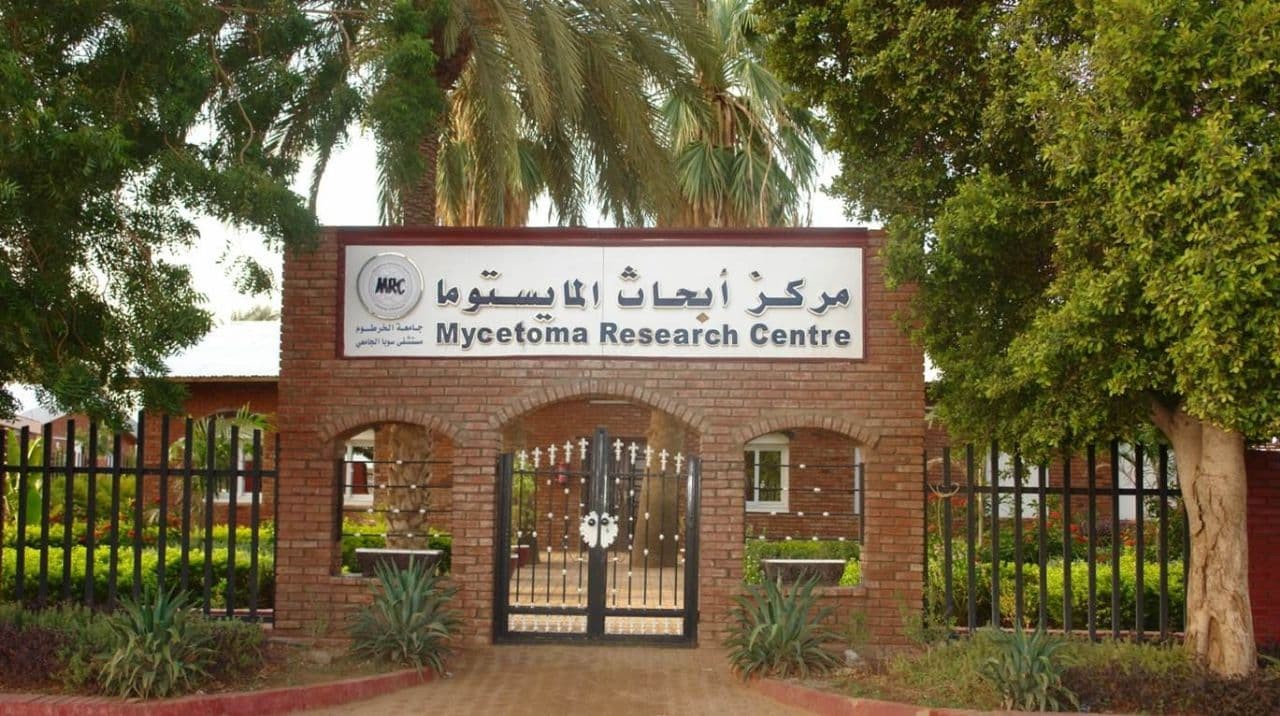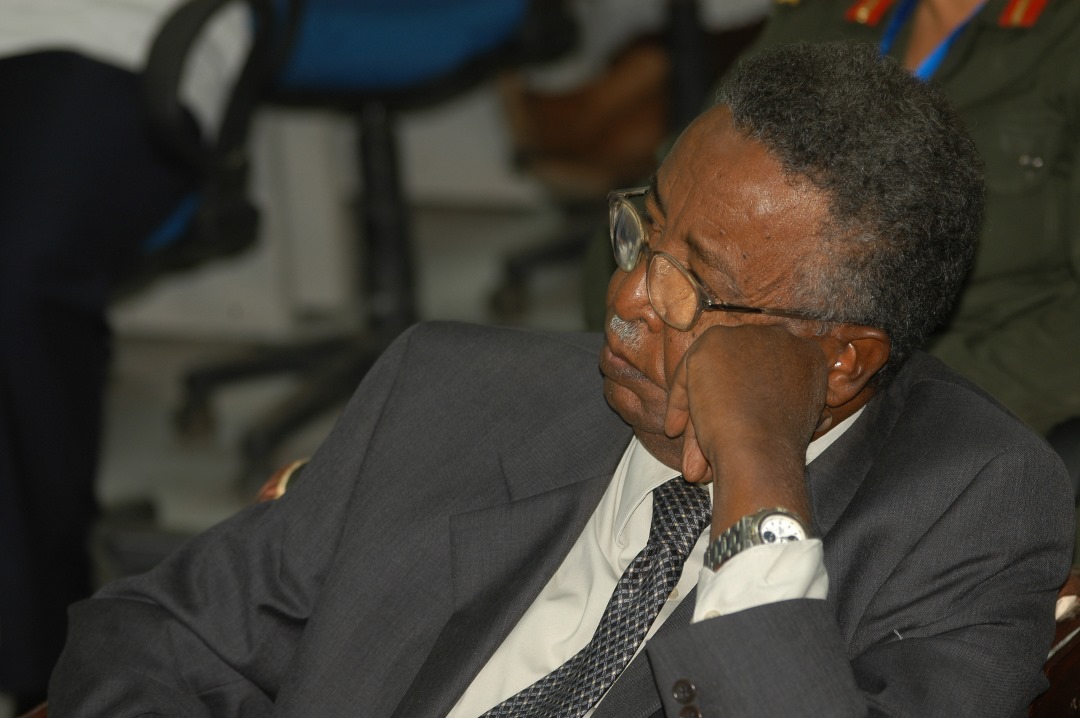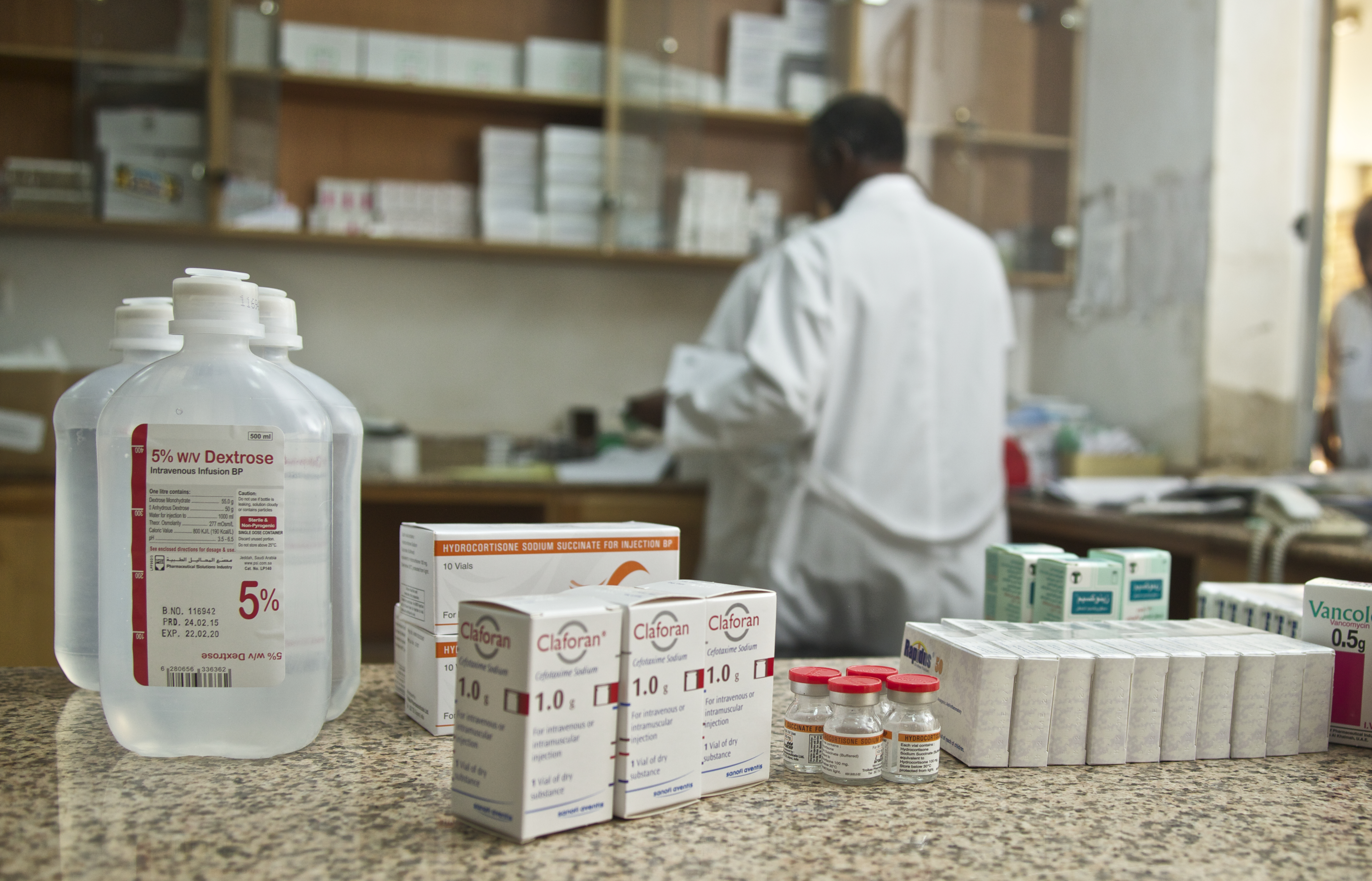
Attending this online training course on mycetoma is crucial for various reasons. Participants will learn about mycetoma epidemiology, including prevalence, distribution, and influencing factors. They will also understand the underlying causes and mechanisms leading to mycetoma development. The course enables the acquisition of skills to identify and diagnose mycetoma based on clinical manifestations and laboratory techniques, enhancing the ability to distinguish it from similar conditions.
Moreover, participants will master effective strategies for managing mycetoma patients acquiring practical skills in medical and surgical interventions. Understanding the principles of mycetoma prevention, including insights into preventive measures and public health strategies, is emphasized.
The learning outcome focuses on participants developing the competence to independently manage and treat mycetoma patients with a comprehensive understanding of the holistic approach required for patient care, including follow-up and monitoring.
Overall, this training equips healthcare professionals to significantly contribute to the mycetoma field, making informed decisions and providing quality care.
- Teacher: Areej Abdelmoniem
- Teacher: Nema Ahmed
- Teacher: Alaa Almaleeh
- Teacher: Lamya Bashir
- Teacher: Lamis Elkheir
- Teacher: Prof. Ahmed Fahal
- Teacher: Samira Hussein
- Teacher: Marwa Salah

This training course serves as an introduction to the diagnosis of mycetoma in laboratory settings, with a primary focus on fundamental techniques applicable in regions where the disease is prevalent. The covered topics encompass the microscopic examination of biological materials, staining techniques, grains culture, cytopathological and histopathological methods, as well as molecular techniques for the diagnosis of mycetoma.
Educational resources comprise lectures, PowerPoint presentations, links to instructional videos, and lecture notes were included. The course is designed for a duration of 10 hours, and the time required to complete it depends on individual availability, ranging from one week to two weeks, given time constraints. The course structure ensures a sequential progression through topics, with each lesson functioning as a standalone module.
The practical laboratory sessions will be incorporated, covering microscope usage, tissue staining, grain culture, cytological and histopathological techniques, as well as molecular methodologies in certain laboratories will be available.
Course Information
Attending this online training course on mycetoma is crucial for various reasons. Participants will gain knowledge about mycetoma epidemiology, including prevalence, distribution, and influencing factors. They will also understand the underlying causes and mechanisms leading to mycetoma development. The course enables the acquisition of skills to identify and diagnose mycetoma based on clinical manifestations and laboratory techniques, enhancing the ability to distinguish it from similar conditions.
Moreover, participants will master effective strategies for managing mycetoma patients acquiring practical skills in medical and surgical interventions. Understanding the principles of mycetoma prevention, including insights into preventive measures and public health strategies, is emphasised.
The learning outcome focuses on participants developing the competence to independently manage and treat mycetoma patients with a comprehensive understanding of the holistic approach required for patient care, including follow-up and monitoring.
Overall, this training equips healthcare professionals to significantly contribute to the mycetoma field, making informed decisions and providing quality care.
Understanding Mycetoma Epidemiology and Pathogenesis
· Gain knowledge about the prevalence, distribution, and factors influencing the occurrence of mycetoma.
· Understand the underlying causes and mechanisms leading to mycetoma development.
Recognising Mycetoma Clinical Presentation
· Acquire the skills to identify and diagnose mycetoma based on its clinical manifestations.
· Enhance the ability to differentiate mycetoma from other similar conditions.
Mastering Mycetoma Management
· Learn the effective strategies and methodologies for managing patients with mycetoma.
· Acquire practical skills in treatment modalities, including medical and surgical interventions.
Understanding Principles of Mycetoma Prevention
· Gain insights into preventive measures to reduce the risk of mycetoma occurrence.
· Understand the principles of public health strategies aimed at preventing mycetoma in populations.
Learning Outcome
Proficiently Managing Patients with Mycetoma
- Develop the competence to manage and treat patients diagnosed with mycetoma independently.
- Acquire a comprehensive understanding of the holistic approach required for patient care, including follow-up and monitoring.
Course Content
The content presented here consists of 9 mini-modules, quizzes, assignments, and Q&A sessions covering the mycetoma
· Epidemiology
· Pathogenesis
· Clinical presentation
· Pathology
· Immunology
· Diagnosis
· Treatment
· Prevention
Course creator
Prof Ahmed Fahal
MBBS, FRCS, FRCSI, FRCS(Gal), MD, MS, FCRPath, FRCP(London)
Professor of Surgery
The Mycetoma Research Center, University of Khartoum
Prof. Fahal, a distinguished consultant surgeon and professor, has made significant contributions to medical research, education, and the management of mycetoma. He received his training at the University of Khartoum, Middlesex, and University College Hospital in London, UK.
Prof. Fahal excels in the fields of mycetoma and tropical surgery, and he is the founder of the globally recognised Mycetoma Research Centre at the University of Khartoum, which serves as a WHO Collaborating Center on mycetoma and Skin NTDs. With over 300 peer-reviewed articles, his extensive research places him among the top 2% of global scientists. Currently, he holds the position of Vice-President at the Arab Scientific Research Councils Federation and plays crucial roles in educational development and scientific research agencies.
The enduring legacy of Prof. Fahal includes groundbreaking clinical trials, the establishment of mycetoma satellite centers, and vocational training for mycetoma patients. These initiatives reflect his commitment to comprehensive healthcare. His numerous awards underscore his exceptional achievements in scientific innovation and research.
Navigation
Use the navigation buttons within the module.
You need to have an internet connection to view content, and a loss of connection might result in a loss of your most recent progress.
How to complete your module
To complete this module, you must:
Progress through the content in the individual sub-modules
Complete the final assessment session. You will need to score 75% or more on this assessment, and repeat attempts are allowed.
Once a session is completed, it will appear 'ticked' on the main course page.
- Teacher: Areej Abdelmoniem
- Teacher: Nema Ahmed
- Teacher: Alaa Almaleeh
- Teacher: Lamya Bashir
- Teacher: Lamis Elkheir
- Teacher: Prof. Ahmed Fahal
- Teacher: Samira Hussein
- Teacher: Marwa Salah

- Teacher: Areej Abdelmoniem
- Teacher: Nema Ahmed
- Teacher: Alaa Almaleeh
- Teacher: Lamya Bashir
- Teacher: Lamis Elkheir
- Teacher: Prof. Ahmed Fahal
- Teacher: Samira Hussein
- Teacher: Marwa Salah

Mycetoma is marked by devastating deformities, disability, and significant morbidity, profoundly impacting patients, families, communities, and health authorities in endemic regions. Despite its designation as an NTD by the WHO in 2016, global attention remains inadequate, leading to substantial knowledge gaps across various aspects of mycetoma. Pharmacists, burdened with heavy workloads and lacking sufficient time and resources, face challenges in acquiring adequate knowledge about mycetoma. Therefore, the development of an online training module is imperative.
This online training initiative aims to enhance pharmacists' understanding of mycetoma, covering aspects such as its management, treatment gaps, drug development, clinical trials, and clinical pharmacy perspectives. The module seeks to enhance participants' pharmacy practice, ultimately raising awareness among pharmacists and improving patient outcomes. Aligned with the UN's Sustainable Development Goal No. 3, which prioritises health and well-being, the module contributes to the overarching goal of enhancing the quality of life for all mycetoma-affected populations and achieving zero mycetoma cases worldwide.
By providing comprehensive education and empowerment to pharmacists, this module strives to catalyse a transformative response to mycetoma within the pharmacist community.
- Teacher: Areej Abdelmoniem
- Teacher: Nema Ahmed
- Teacher: Alaa Almaleeh
- Teacher: Lamya Bashir
- Teacher: Lamis Elkheir
- Teacher: Prof. Ahmed Fahal
- Teacher: Samira Hussein
- Teacher: Marwa Salah
